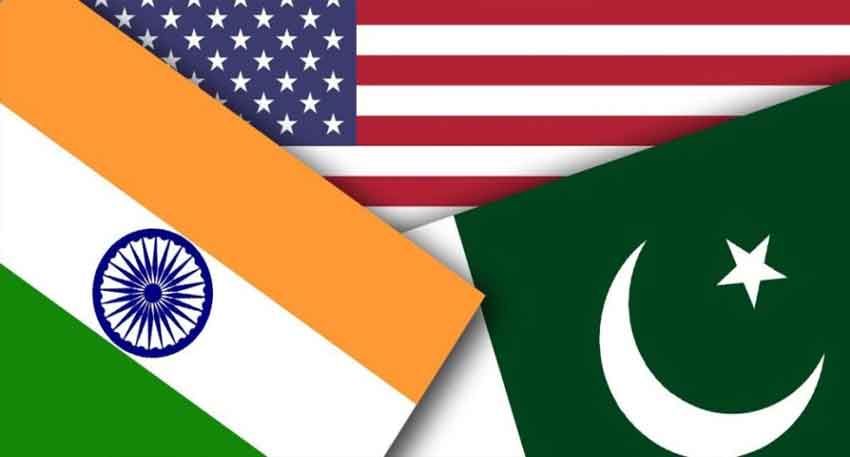
Trump stated that Pakistan currently charges the US a 58% tariff, so the US will impose a 29% tariff on Pakistani goods. Bangladesh will face a 37% tariff, while India will be charged 26%. He added that if any country wants zero tariffs, they must manufacture their products in the US, as no tariffs apply to domestic production. The US will now impose a 10% tariff on all imports.
He described this as an effort to bring back America’s economic golden era, calling the new tariffs a declaration of "economic freedom."
United States President Donald Trump has declared a US economic emergency and announced tariffs of at least 10% across all countries.
According to his plan, the tariff rates are even higher for 60 countries or trading blocs that have a high trade deficit with the US. Auto tariffs are now in effect, CNN reported.
China, the second top exporter to the US behind Mexico, will now face a 54% tariff and has vowed to hit back. Canada and the EU, also top trade partners, are preparing countermeasures.
After-hours US stock markets fell sharply, as did Asian and European markets, after the tariff announcement. And gold hit a new record high as investors seek safer investments. Leading economists told CNN they feared the tariffs could lead to a global recession.
South Asian countries will be taxed at different rates:
Pakistan: 29%
India: 26%
Bangladesh: 37%
Sri Lanka: 44%
Nepal, Bhutan, Maldives, Afghanistan: 10% each
The highest tariffs were placed on Lesotho (50%), Saint Pierre and Miquelon (50%), and Cambodia (49%). The European Union will face 20% tariffs.
Other key tariffs include:
China: 34%
South Korea: 25%
Japan: 24%
European Union: 20%
United Kingdom: 10%
Brazil: 10%
Saudi Arabia: 10%
Turkey: 10%
Experts predict that this move will increase global trade tensions, with affected countries likely to take retaliatory measures.


